The clip, posted by YouTube channel "Golpadak", opens with a man in a yellow raincoat standing in front of Gyeongbokgung Palace saying: "It's raining so hard... Gyeongbokgung is completely flooded." It is followed by scenes of people scooping water with buckets and... a seal sliding across the palace grounds. Although the details are somewhat absurd, many people still believe the video is real because it coincides with a record-breaking rainfall in Seoul.

Flood scene at Gyeongbokgung Palace created by AI. (Photo cut from Video, source Youtube)
The video was confirmed to be a product of Veo 3 – Google’s latest advanced AI video creation tool. It allows for vivid images and realistic dialogue. Many people expressed outrage at the video, saying that the creator should be punished for deliberately spreading false information.
Dozens of similar fake videos of flooding have also appeared on YouTube, drawing strong reactions from media and experts, who warn that the public is being fooled by AI-generated content – even when the details are absurd.
Notably, a fake video simulating lava flowing through central Seoul also caused confusion among viewers. The creator of the video, YouTuber “Ddalgak”, said the intention was to satirize the ease with which internet users deal with online content. He also admitted to using Veo 3 to create the video, which was inspired by a scam involving Elon Musk’s deepfake.

AI is ubiquitous in Korean life. (Source: Shutterstock)
In response to the widespread deepfake wave, South Korea enacted the “AI Basic Act,” which will take effect in January 2026. The law requires all AI videos to be watermarked so that viewers can easily identify them. However, experts worry that watermarks can be easily removed or edited, making this measure less of a deterrent.
Mr. Choi Byung-ho, an expert at the Korea University AI Research Institute, commented: " The development of technology by AI companies to help identify fake content will reduce social costs and be more effective than administrative measures. "
Deepfakes are becoming a tool for violations beyond entertainment: from creating offensive, non-consensual content, to financial fraud, to political manipulation. During last year's National Assembly elections, the national election agency detected and handled more than 120 fake AI images and videos. This led to a clear public disclosure requirement when using AI in election content.
Source: https://vtcnews.vn/video-ai-gia-canh-lu-lut-tai-cung-dien-gay-lo-ngai-ve-deepfake-o-han-quoc-ar956031.html


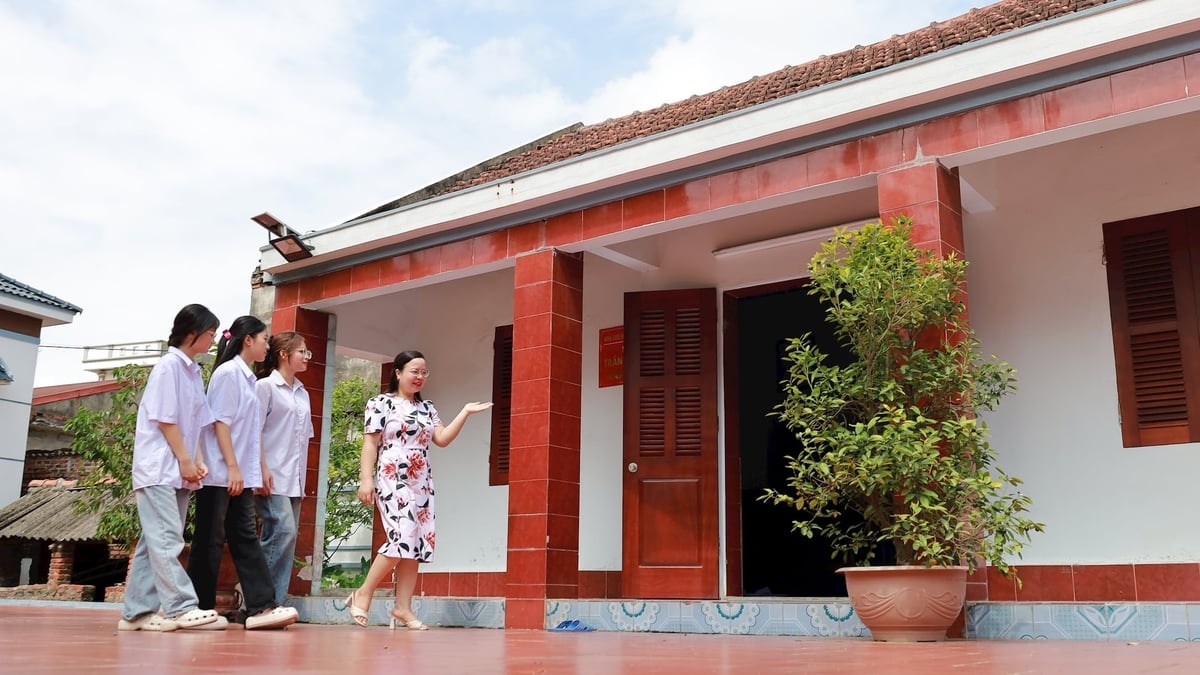

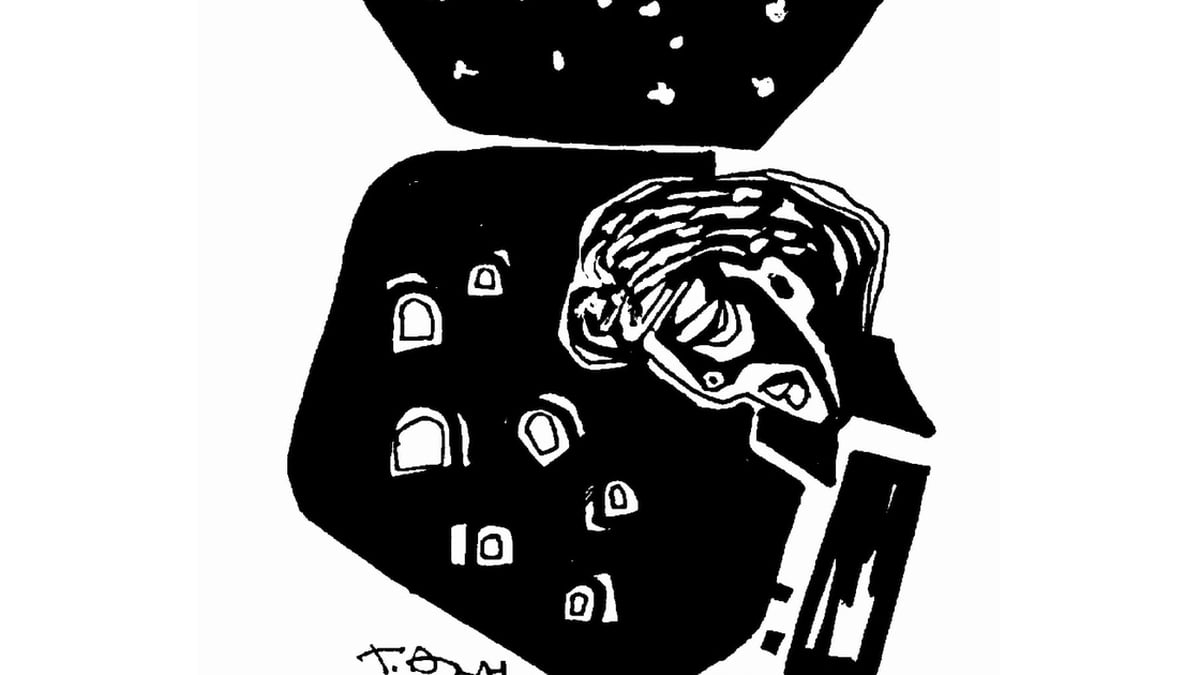
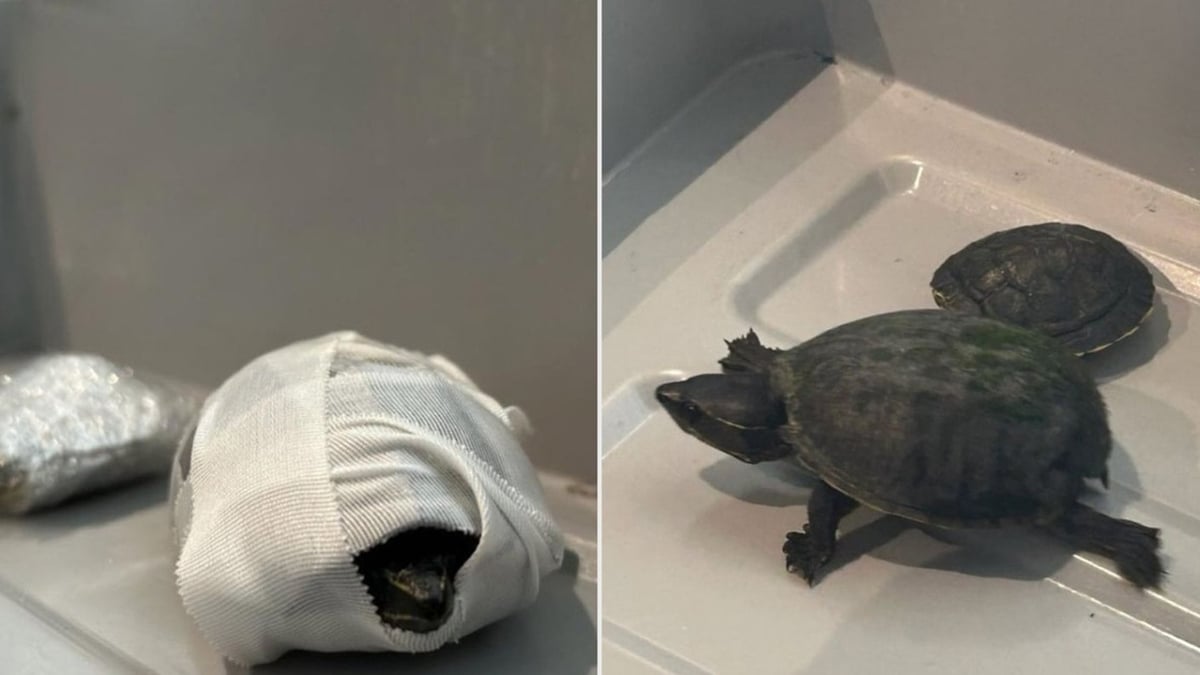
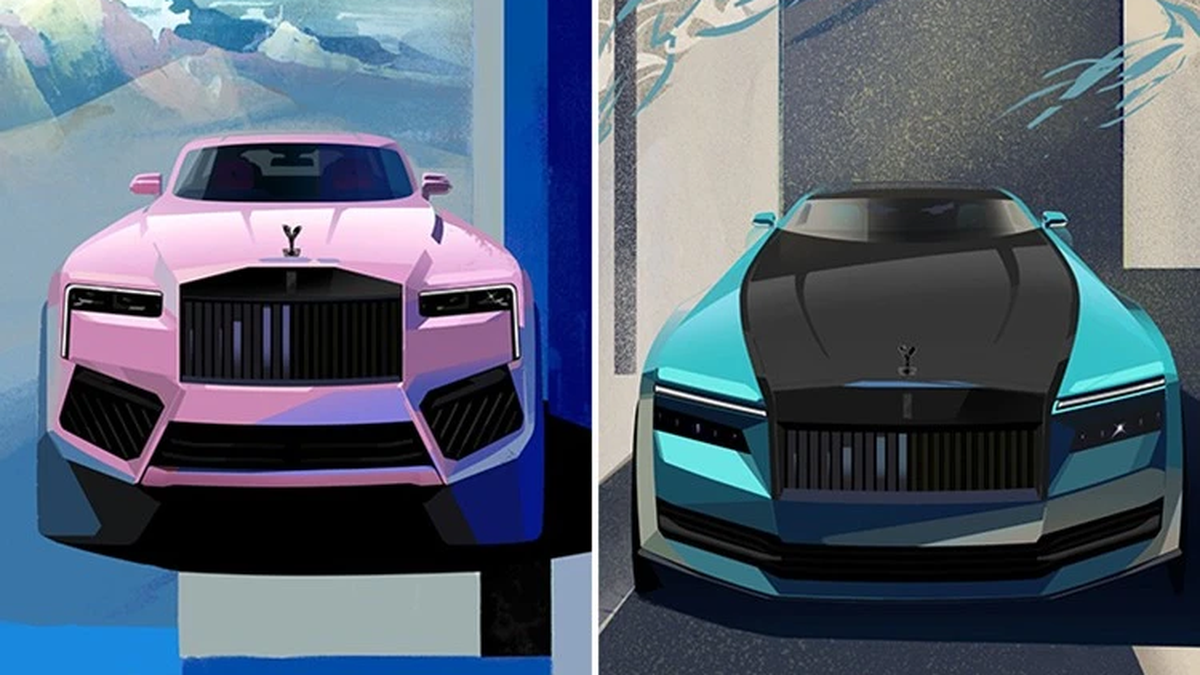

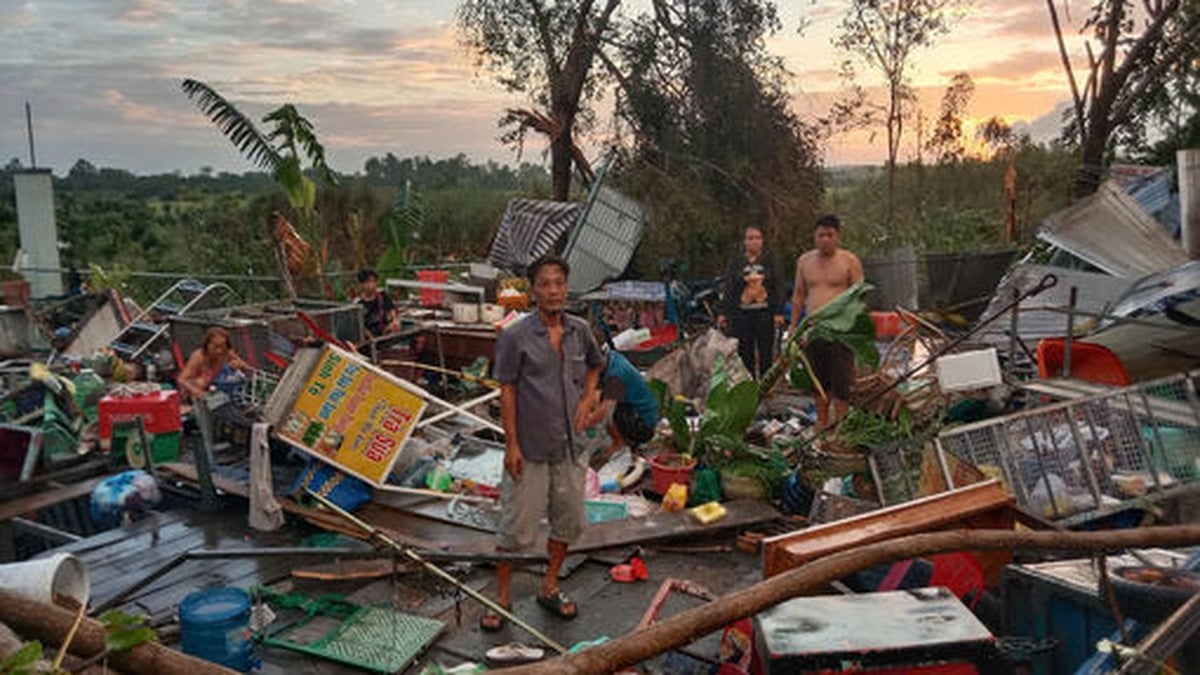

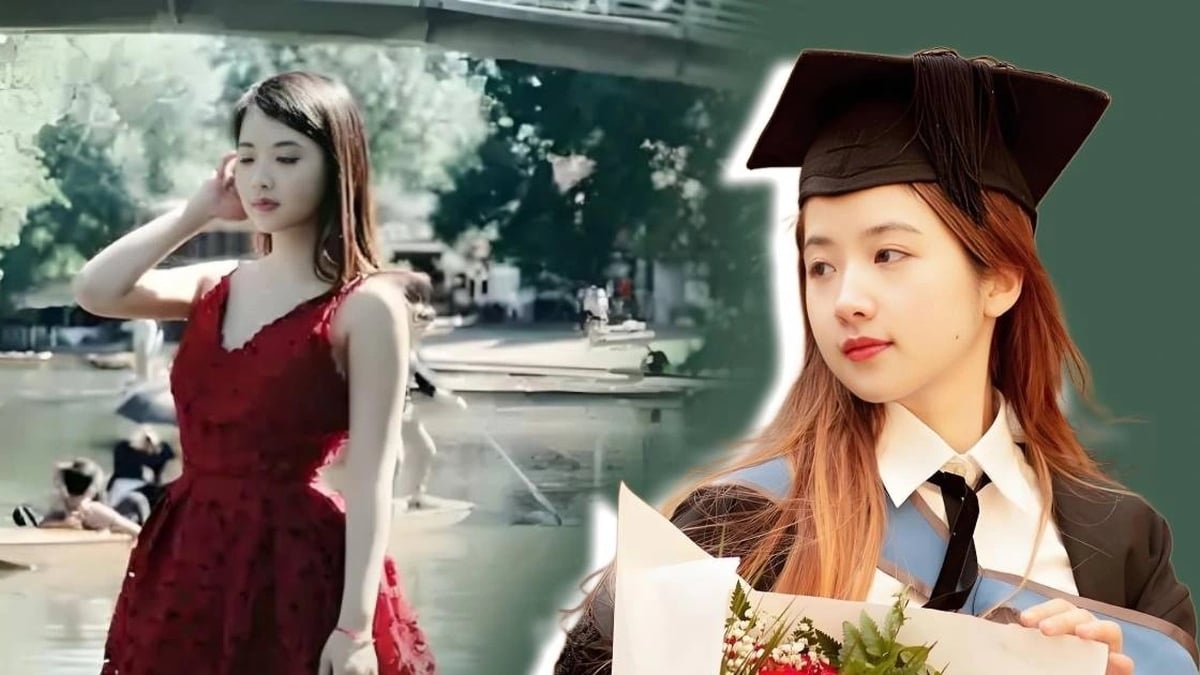
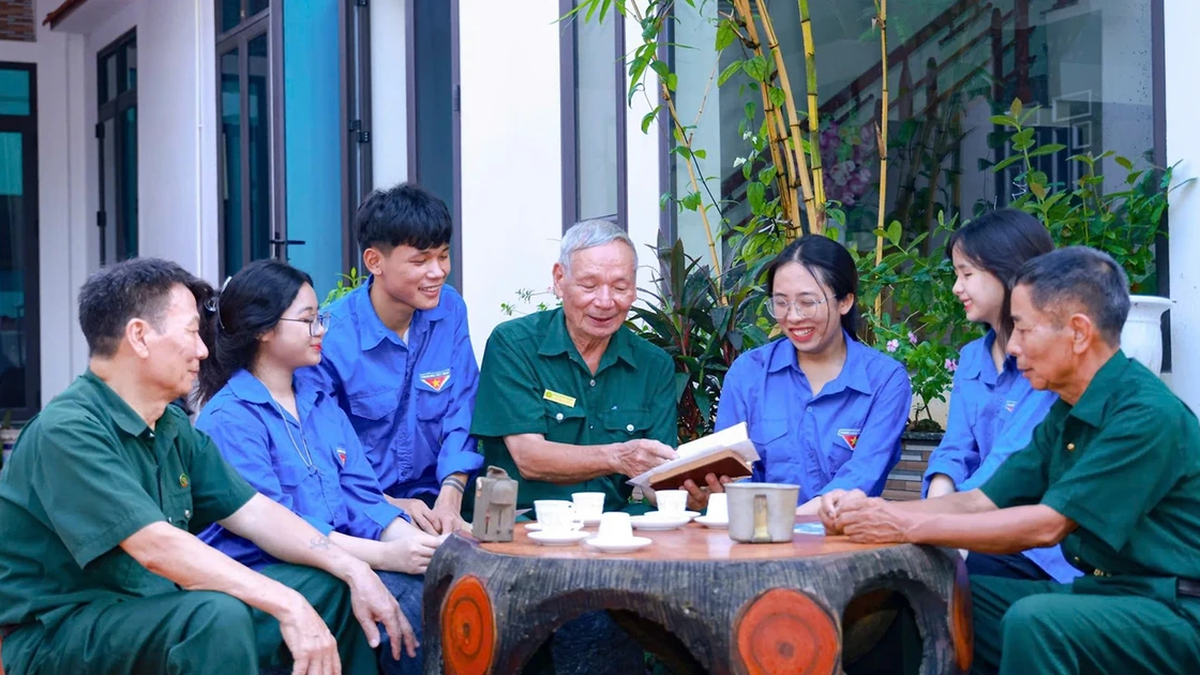































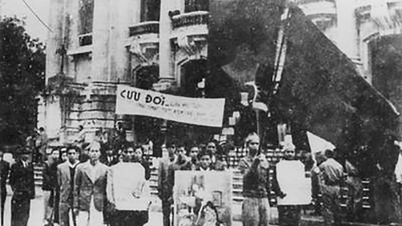























![[Photo] National Assembly Chairman Tran Thanh Man receives Chairman of Morocco-Vietnam Friendship Association](https://vphoto.vietnam.vn/thumb/402x226/vietnam/resource/IMAGE/2025/7/26/b5fb486562044db9a5e95efb6dc6a263)
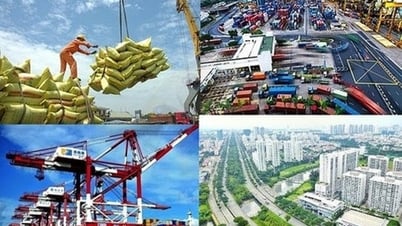
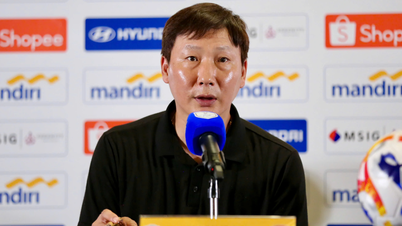
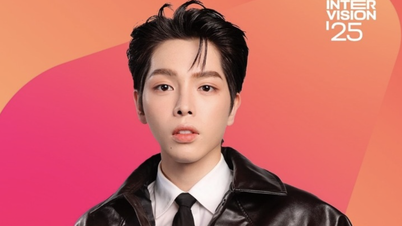































Comment (0)